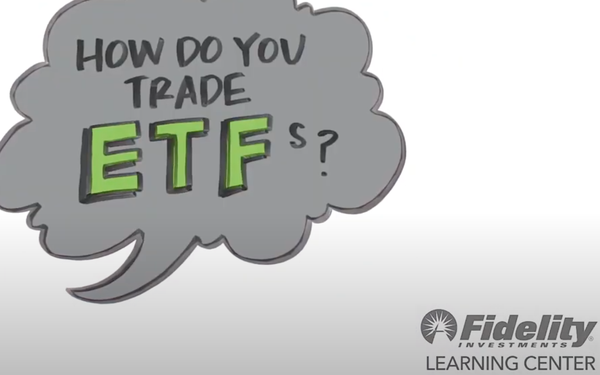research
Segmented COVID Research Sees Opportunities For Financial Services, Supermarkets
- by Sarah Mahoney @mahoney_sarah, July 16, 2020

Research points out it’s a smart time for financial services to reach out to consumers.
Kantar's latest data shows that COVID-19 continues to reshape consumer perception, with new segmentation
revealing a shift in fears about opening up businesses.
And as people struggle to separate health anxiety from financial worry, companies -- notably financial services, supermarkets and health and wellness brands -- could do more to reassure them.
The initial reactions to the lockdown were very much about collective experience, with people worried about “our health, the health of those around us and access to supplies," says Rosie Hawkins, Kantar's chief innovation officer. But as the weeks and months have gone by, “we've started to see more differences and more polarization."
advertisement
advertisement
The global research, based on 100,000 people in 60 markets, finds that 60% of consumers don't expect to re-engage with the world for at least another month, and 69% are still worried. Only 25% say they intend to go back to normal once restrictions ease.
Hawkins tells Marketing Daily that six different kinds of consumers emerged from the research.
Ostriches, about 12% of consumers, just don't see what the fuss is about. "Because these people are so unconcerned, they are the ones who will jumpstart the economy," Hawkins says. Next comes a group Kantar calls the "Que Seras," at about 22%, who think all the rules are a little excessive. Hibernators, at 12%, accept the situation but don't want constant updates.
Next comes Good Citizens, also at 22%. "These people want to be informed, and believe we should all adhere to the rules," she says.
Distressed Dreamers, about 18%, are very concerned about both health and money, but they believe things will get better.
And finally, Precarious Worriers, accounting for 13%, are truly frightened and wish the government would do more.
Understanding which "tribe" people belong to will be crucial to the effectiveness of marketing messages. "The economic recovery will be shaped by people's willingness to reengage in different activities," she says. "And while those precarious worriers will continue to contribute to the economy by buying online, especially in contactless delivery, they're in no hurry to head back to stores."
And any effort to rush or resume back-to-normal messaging "is just going to alienate and frighten off some of those other groups, who are very much influenced by the safety measures that they see around them."
The shifting spectrum of concern and anxiety, especially with many areas facing a second spike in cases, means that needs are changing, and marketers could be doing more to reassure people.
Financial uncertainty and vulnerability are real, with 54% saying they've already felt the monetary impact of the pandemic, and another 19% expecting to. "About 32% of the sample say they're more likely to start or increase saving or make investments because of the crisis," Hawkins says. "That creates a real opportunity for financial brands to step up and help, even though they are under pressure themselves."
Hawkins says supermarkets, which have been struggling before the pandemic, are doing better, "and also have a chance to find new ways to hang on to new and returning customers. And anything that has to do with health and hygiene will continue to be foremost in people's minds in months ahead."
She also expects to see a resurgence in private-label products. "Even though traditional CPG brands have done well during the pandemic, people are going to begin trading down as financial pressures increase."




